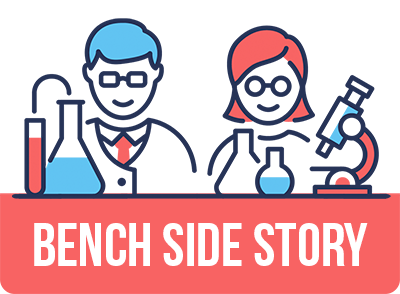Health and economic burden of interstitial lung diseases
Dr Cox’s main research interests focus on respiratory diseases and primarily on the economic burden and economic evaluation of interventions and treatments for their management. She earned her PhD from the University of Tasmania where her doctoral research examined the health and economic burden of idiopathic pulmonary fibrosis (IPF) in Australia, one component of the NHMRC Centre for Research Excellence for Pulmonary Fibrosis, a national project implemented alongside the Australian IPF Registry and the Lung Foundation Australia. This research provided the first epidemiological profile and first costing estimates of the economic burden of the disease in Australia, providing essential evidence for health service reimbursement policies.


